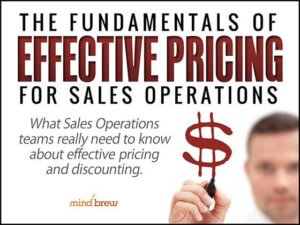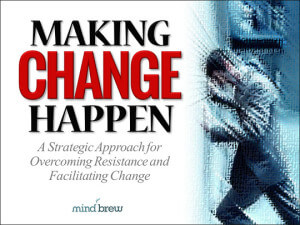Right now, while some companies are seeing such dramatic increases in demand that they’re struggling mightily just to keep up, other companies are staring at a very different demand picture.
For these companies, it’s like someone turned off the faucet. Just a couple of weeks ago, the deal flow looked great, the pipeline was solid, and the forecast was on track. But now that flow has evaporated into a tiny trickle.
When we find ourselves in these circumstances, of course we’re going to try to solve the problem. That’s what we do. That’s how we’re wired. And given the gravity and implications, we’re going to want to move fast.
Feeling the urgency and pressure to “fix” the problem, many will be tempted to start dropping prices and offering generous discounts. It’s quick. It’s relatively easy. And to everyone involved, it will probably make a ton of intuitive sense in the moment.
But as hard as it may be, you have to slow down. You have to resist jumping to the obvious and intuitive conclusions. And you have to set aside the emotions of the moment and think objectively about what’s really going on.
Before lowering prices or increasing discounts in response to a massive decline in demand, here are just a few things you’ll want to consider…
- You may not change the demand picture at all. With mandated budget cuts and spending freezes, prospects may not be able to buy at any price.
- You could spark a price war for nothing. Competitors may match your moves and set in motion an unnecessary and pointless race to the bottom.
- You may gut the profitability of the trickle. If the trickle turns out to be your only remaining source of demand, you could be cutting a critical life line.
- You can set a bad precedent for the future. Your actions now could damage value perceptions and willingness-to-pay when things turn around.
Believe me, I know from personal experience just how hard it is to think about these kinds of things when everything has been upended, seemingly overnight. And I understand the urgent and desperate desire to do something…anything…to change the situation.
But to avoid making a terrible situation even worse, you have to take a breath and assess your situation rationally. Because the unfortunate reality is that price reductions and discounts just won’t be able to “fix” certain demand dynamics. And in fact, they could do much more harm than good.














